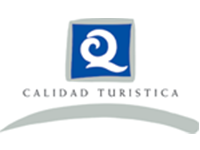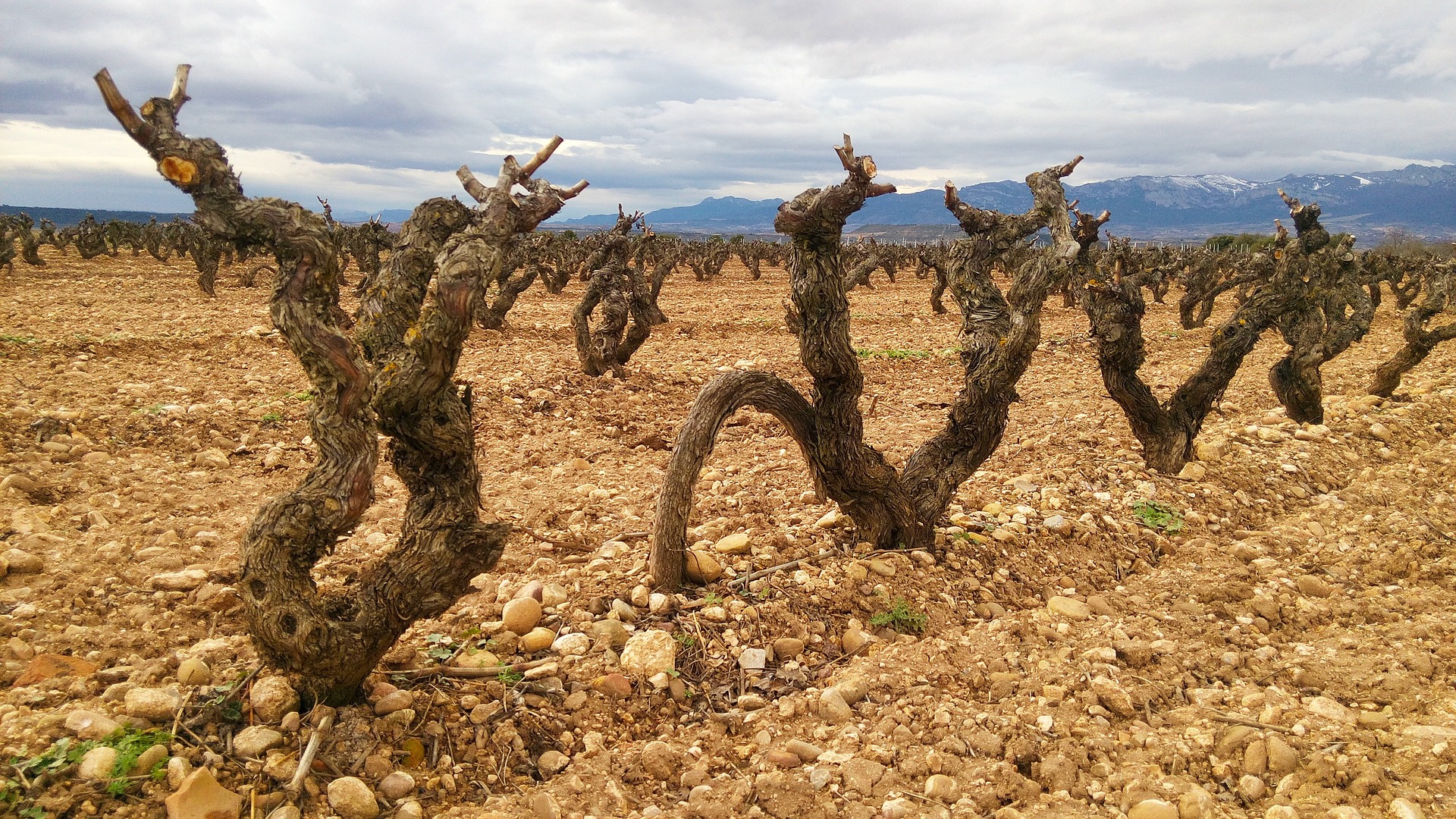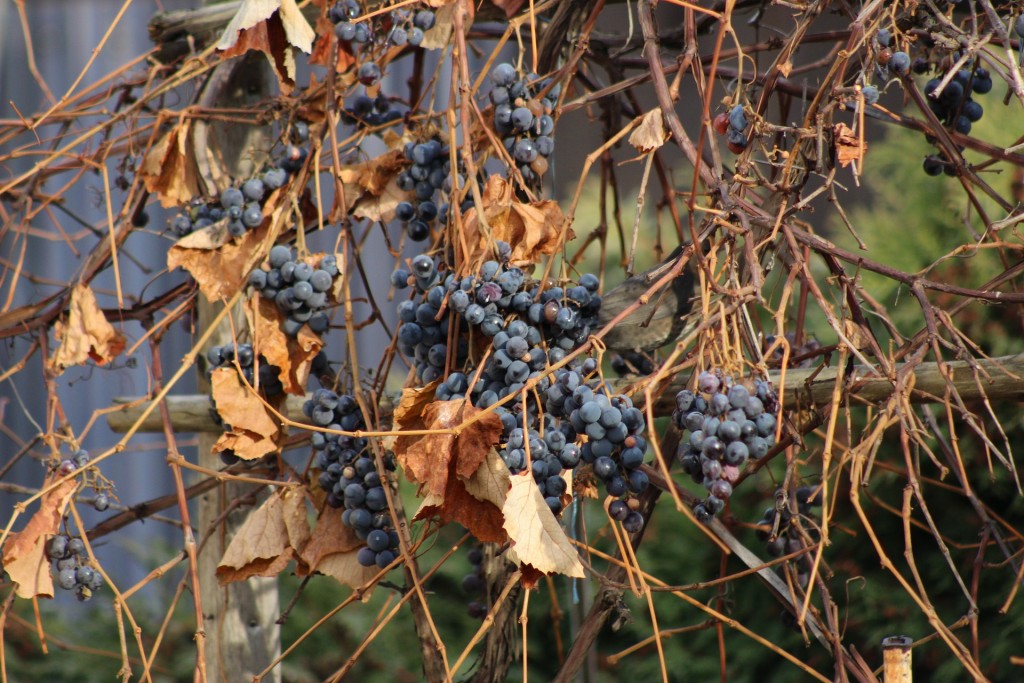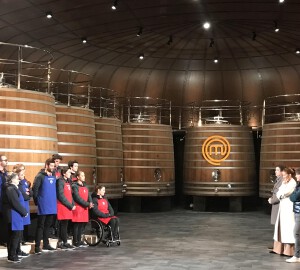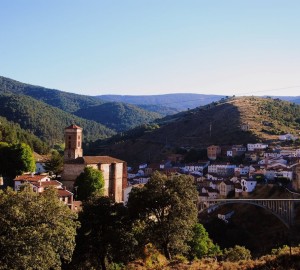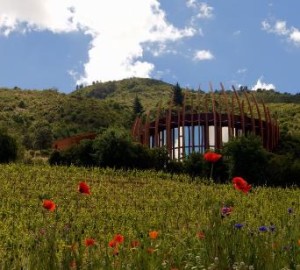Almost every day we see or hear about drought in the news. With climate change , drought is wreaking havoc in different aspects of our lives and many times we are not even aware of it. But, how does this drought affect wine production in Spain? Don't miss the following post because we are going to answer this and other questions that may arise on the subject.
Drought and wine
If we start from the premise that wine needs certain environmental conditions to be produced, we can then affirm that climate change does affect wine and its production, because it affects the vegetative cycle of the vine and the grape ripening process.
High temperatures, extreme rainfall and periods of drought are some of the atmospheric phenomena that most affect vineyards, and these are phenomena that are already occurring in Spain, albeit isolated for the moment, but which, due to climate change, could start to become commonplace.
According to a study published in the journal 'Nature Climate Change', during the last 30 years global warming has been the cause of increasingly earlier harvests, due to the accelerated ripening of the grape, resulting in high alcohol, liqueur or sweet wines. Global warming has left us with great harvests and exquisite, high quality wines, something that may seem to contradict what we have been saying so far, but this is not the case because it has been an isolated reality, since if temperatures continue to rise, the opposite effect will occur because an excessively warm climate, If temperatures continue to rise, it will have the opposite effect because an excessively hot climate, excessively dry, affects the same or even more than a cold climate and all this will lead to the need to look for new growing areas, bearing in mind that each degree Celsius brings the harvest forward by one week, and if this continues, in 2050 in the areas where vineyards are now grown, it will be impossible to do so because the clusters and leaves will be burnt.
What are the alternatives, and is there a solution?
For now, the solution is to control the plant's needs as much as possible during its vegetative cycle and to incorporate all kinds of preventive measures (growing grapes at higher altitudes, agro-climatic stations that exhaustively monitor climatic conditions, humidity sensors, controlling water management, etc.) to minimise the effects of climate change as far as possible.
The unique microclimate of La Rioja
Vineyards have been known to have been planted for more than 2,000 years. At the end of the 19th century, the phylloxera plague that devastated the whole of Europe caused winemakers and winegrowers, especially from the Bordeaux area, to settle in La Rioja and bring with them everything they knew about the world of wine.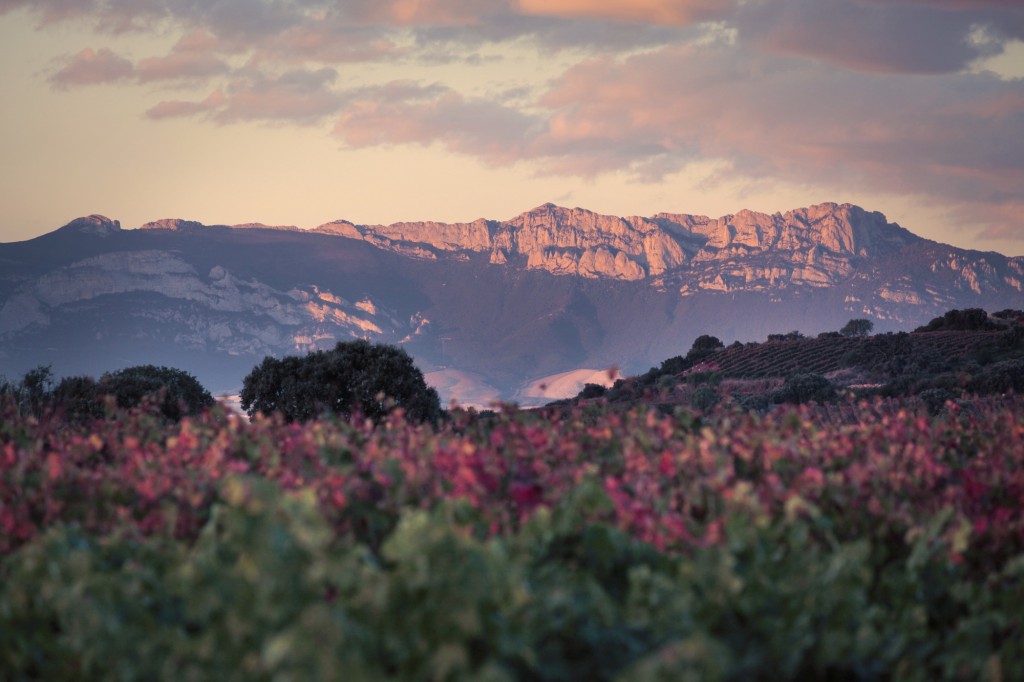
Spain's entry into the European Union meant the modernisation of the Spanish wine world. In 1995, La Rioja became the 1st Qualified Designation of Origin. This Denomination of Origin extends over part of Navarre, the Basque Country and La Rioja, which is divided into three sub-zones known as Rioja Alavesa, Rioja Alta and Rioja Baja. In addition, La Rioja is protected by two mountain ranges that favour the unique and ideal climate that the Rioja region enjoys.
The Sierra de la Demanda is one of those mountain ranges that protects La Rioja from the wind and cold waves coming from the west, while the Sierra de Cantabria protects it from the rain and humidity coming from the Atlantic.
The concurrence, the coincidence of three climatic influences (the Atlantic climate of the north, the Mediterranean climate of the southeast and the continental climate of Castilla y León) is what gives La Rioja that unique microclimate that favours the production of the wines we all enjoy.
Will the current drought take its toll on us and will climate change affect our wines?


